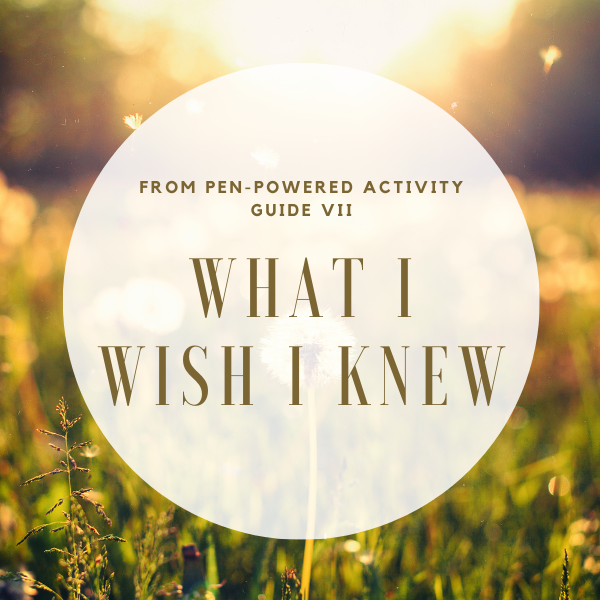What I Wish I Knew…
From our recent PEN-Powered Activity Guide, PEN’s Network Managers weigh in on what they wish they knew.
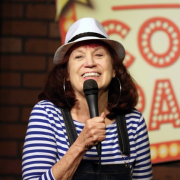
- How important enough sleep is
- That I don’t have to cut down on exercise
- Attitude is one of my medicines
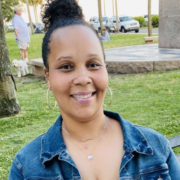
- You can’t compare cancer journeys
- Cancer is not a death sentence
- Just because there’s no cure, doesn’t mean that there isn’t anyone who can help you
- Your story can help save someone’s life
- Life will never be normal after being declared “cancer free”
- People cope differently
- Caregivers need support too
- You should never force someone to share their story if they don’t feel comfortable
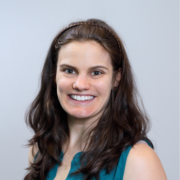
- Support groups exist! I wasn’t told this by any physician or person who was in my care team, and I wish I would’ve known about it sooner so that I could’ve gotten more support
- There is no such thing as a “good” cancer. I was told this so many times by different physicians and believed them. After experiencing all that I have, I know there is no such thing
- You will lose family and friends whom you thought would be there for you
- Not everyone knows the best way to support and/or the “right” or “best” thing to say. Rather than being triggered by something someone said as a way to make me feel better, it’s best to take that opportunity and educate them about how you would like to receive support
- Feel every single feeling. Shame, grief, anger, sadness, frustration, and loss are all valid
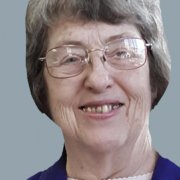
- I wish I had known about drug trials. I might have tried to get into one.
- I wish I had known that there were CLL specialists. I would have requested a second opinion from one.
- I wish I had known where to find support groups for CLL that I could attend in person. I found a general cancer group that I attended for a few years, but it disbanded. I was unable to find any support group at all after that. Therefore, I had no support group at all when I started treatment in 2018 and really needed one.
- I wish I had known more about treatment options. IV immunotherapy, IV chemotherapy, or the newer oral chemotherapy agents. I had to make a quick decision when the time came for treatment, without adequate information presented to me. There was no pre-preparation for the decision given at the cancer center. Luckily, I think that I did make the correct decision. I had IV Immunotherapy. I did not achieve remission, but I am doing well two and a half years after treatment.
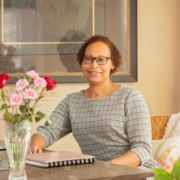
This is not a stagnant life station. I’m still learning 7 years after the death of my husband. I’m occasionally astounded at how naive I was and, in some ways, still am. It seems the more I learn, the more I realize I was clueless at my husband’s diagnosis and subsequent 12 years of treatment. Even as a financial advisor, I had not had the opportunity or the foresight to ask the appropriate questions or to give the matter the time and respect it required. I admit that being in the trenches helping my husband, it was more comfortable not to bring up uncomfortable financial discussions because I thought it would make him really focus on his mortality. It was like walking around the elephant in the room. I didn’t always understand the need to ask and explore the financial obligations that came with myeloma treatment. We had great insurance so that’s where he and I left it. Even while paying huge bills out of pocket that insurance would not pay. There was so much that I missed. Some with my husband and others with his healthcare team.
Sometimes it’s hard to ask or talk about the difficult subjects even if they are necessary. Though I did learn how to ask hard questions of his treatment team regarding his care and interject and require they hear me when sometimes they seemingly tried their best to ignore me. My advocacy did save his life on several occasions. This ability did not come easily nor did it come without a lot of contemplation. I role played a lot in my head and anticipated scenarios in which I had to speak-up. Practice makes perfect! The first time I spoke up was a bit scary, but the more I asked explanation of, the more learned and the more I was able to assist my husband. Working with patients now and learning more about Myeloma and cancer in general as well as all of the associated costs and financial assistance that’s available truly reinforces the old adage that, “hindsight is 20/20”. I sometimes feel that I am in a perpetual state of learning/hindsight. The more I know, the more I question. I equate it with crabgrass. You certainly don’t want it in your yard but you have to admire its tenacity. If you try to pull it out you will find roots that stretch far beyond the surface of the plant. With experience comes maturity and a great knowledge base. And, I think the act of sharing that information with other patients and caregivers can reduce stress and provide a foundation for them to have the information to better advocate for themselves so that they aren’t trying to reinvent the wheel with every diagnosis.
- Read, research, ask questions and participate in support groups.
- Understand that no one knows your financial history better than you.
- Ask the questions related to cost before it becomes an issue.
- Seek out help from a financial professional
- Monitor your insurance and bills, make changes when necessary.
- Don’t put off appeals.
- Ask for medical payment programs from your healthcare provider or treatment center
- Monitor your credit
- Create a budget for your household. Treat it as if it’s a business.
- Keep up to date about available financial resources that may be available to you.
Turn your hind sights regrets into foresight-preparedness, financial toxicity prevention and self-empowerment.

